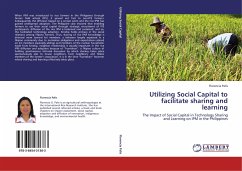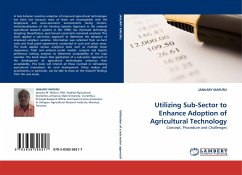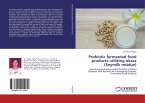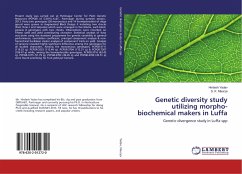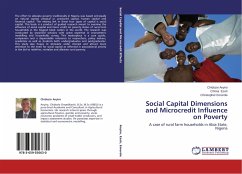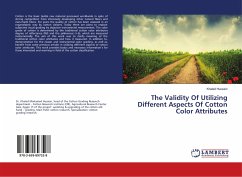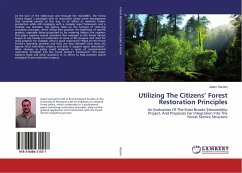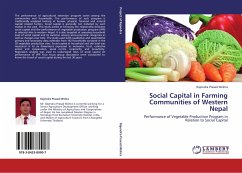When IPM was introduced to rice farmers in the Philippines through farmer field school (FFS), it spread out fast to non-FFS farmers. Subsequently, the diffusion tipped on a certain point and the rice IPM has gained widespread adoption. The Philippine case showed that enabling farmers to use their social capital through strategic recruitment of FFS participants, diffusion of the rice IPM is hastened and sustained; and so, this facilitated technology adoption. Kinship holds primacy in the social relations among Filipino farmers. Thus, sharing of rice IPM knowledge is directed more toward kin members, a behavior largely expected in a Filipino community due to normative obligations and expectations placed on kin members especially siblings and members of the nuclear household. Aside from kinship, neighbor relationship is equally important in the rice IPM diffusion and adoption because of huntahan : a Filipino culture of holding spontaneous informal discussion by which sharing takes place spontaneously also to house neighbors, farm neighbors, and fellow members of the farmer s association. It is in the farm huntahan however where sharing and learning effectively takes place.
Hinweis: Dieser Artikel kann nur an eine deutsche Lieferadresse ausgeliefert werden.
Hinweis: Dieser Artikel kann nur an eine deutsche Lieferadresse ausgeliefert werden.

